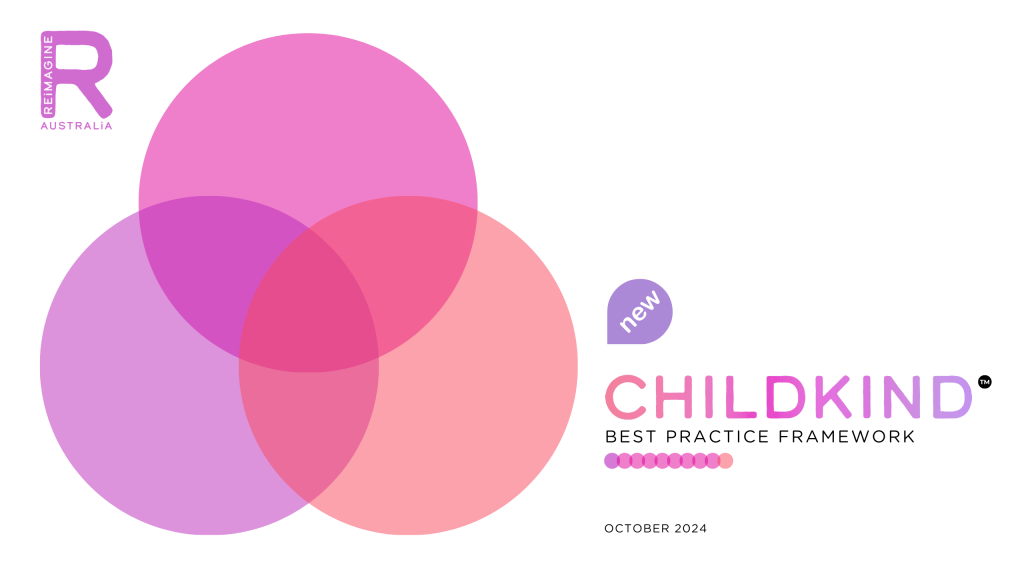KEY COMPETENCY 5.2 – EMBRACE EVIDENCE
“I will consider all aspects of a child’s and family’s environment and identity in planning supports.”
Research and Innovation is the second competency under the ‘Embrace Evidence’ Way of Working, and relates to the ‘design and delivery of services and supports‘ phase of the child’s early developmental support journey. It is important for:
Informed Practices: Engaging with current research enables practitioners to stay informed about the latest findings and emerging trends, ensuring that their practices are grounded in evidence.
Enhanced Interventions: Incorporate innovative strategies and tools to adapt approaches for more effective and tailored support for children with disabilities.
Continuous Improvement: A commitment to research fosters a culture of continuous improvement, encouraging practitioners to evaluate and refine their methods based on new insights.
Empowering Families: By Leverage innovative practices, to provide families with cutting-edge resources and support, enhancing their overall experience.
Staying informed about the latest research and innovations in early childhood development ensures that practitioners use the most up-to-date methods to support children and families. This involves engaging with new ideas, technologies, and methodologies to continuously improve outcomes.
Research discusses the importance of fostering a culture of innovation in early childhood settings, noting that research and innovation can lead to significant improvements in developmental outcomes. Australia’s National Children’s Education and Care Workforce Strategy 2022-2031 also emphasises the need for practitioners to remain informed about research and to embrace innovative practices.
Research and Further Reading:
Australian Children’s Education and Care Quality Authority. (2022). Australia’s National Children’s Education and Care Workforce Strategy 2022-2031. ACECQA. https://www.acecqa.gov.au/national-workforce-strategy
Cooke, M., Francisco, S., Press, F., & Wong, S. (2020). Becoming a researcher: the process of ‘stirring in’ to data collection practices in early childhood education research. Journal of early childhood research, 18(4), 404-417. https://doi.org/10.1177/1476718×20942951
COMPETENCY MILESTONES
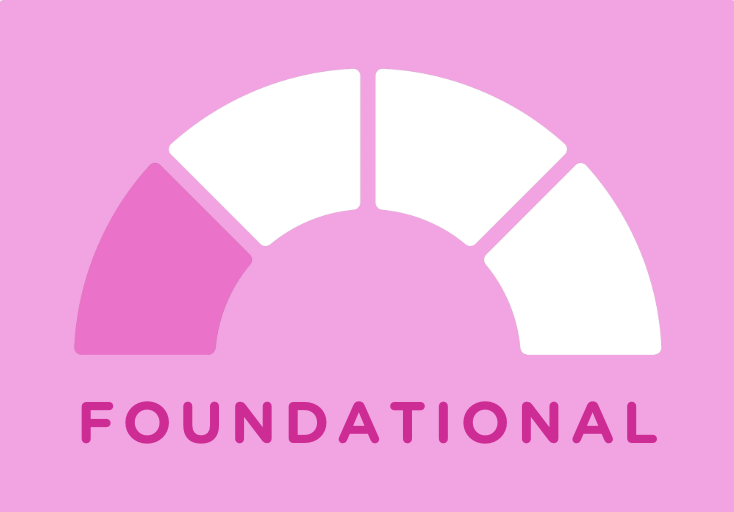
I am able to:
Stay informed about current research and innovative practices in early childhood development.
Seek out and review relevant research articles, reports, and resources.
Demonstrate openness to new ideas and approaches in practice.
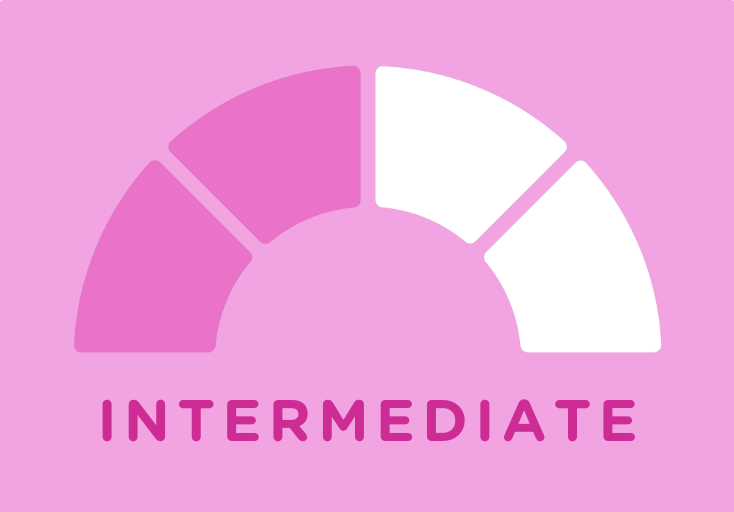
I am able to:
Regularly review and integrate the latest research findings and innovative practices into daily work.
Actively participate in professional development opportunities, such as workshops and seminars, to stay updated on new developments.
Apply evidence-based practices to enhance the quality of support provided to children and families.
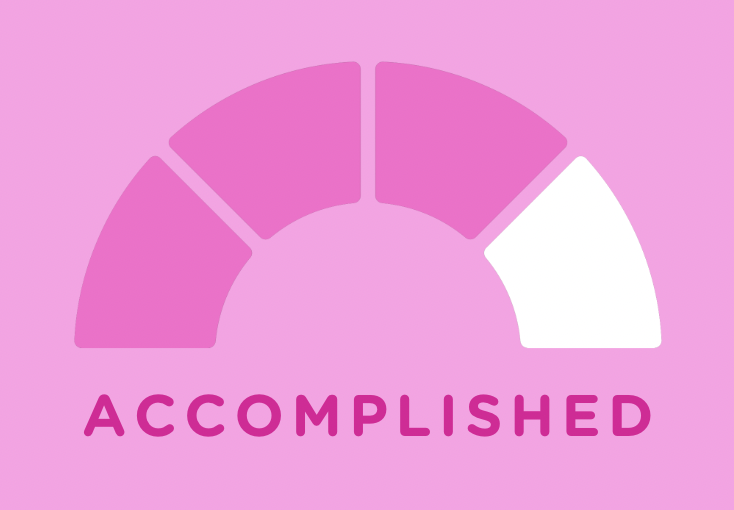
I am able to:
Demonstrate advanced understanding and application of current research and innovative practices in early childhood development.
Contribute to the development and dissemination of new knowledge by participating in research projects or publishing findings.
Mentor and guide colleagues in incorporating research and innovation into their practice.
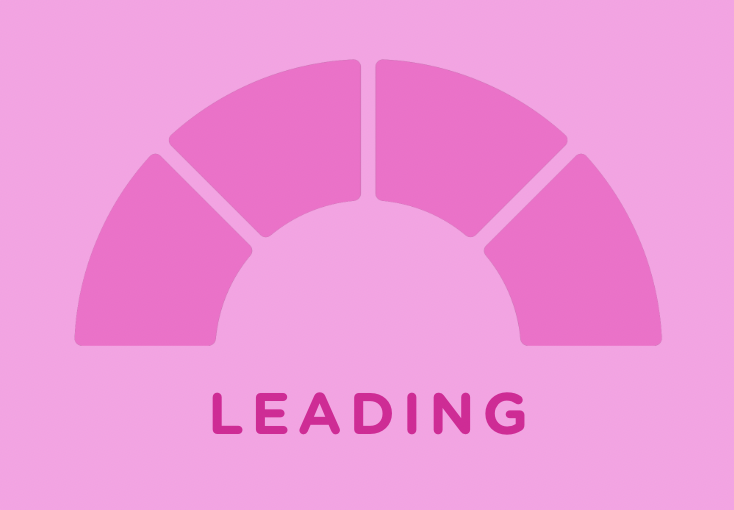
I am able to:
Lead the strategic direction of research and innovation within the organisation, fostering a culture of continuous improvement.
Establish partnerships with research institutions and contribute to shaping the research agenda in early childhood development.
Advocate for and implement organisational changes based on cutting-edge research and innovative practices, ensuring the highest quality of support for children and families.
Reflection questions are a valuable tool for practitioners, promoting self-awareness, critical thinking, continuous improvement, and stronger relationships in their work with children and families. Below are some reflection questions for Key Competency 5.2: Research and Innovation:
How do I stay up-to-date with the latest research and innovations in early childhood development?
What recent innovations have I integrated into my practice, and how have they impacted the children and families I work with?
Research and innovation in early childhood are essential for creating future-ready practices that meet the evolving needs of children and families.
(Logan et al., 2020, p. 58).
Access more information on the ChildKind Best Practice Framework with its 10 Ways of Working, 30 Key Competencies and 8 supporting Values and Behaviours here:
